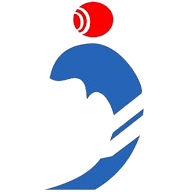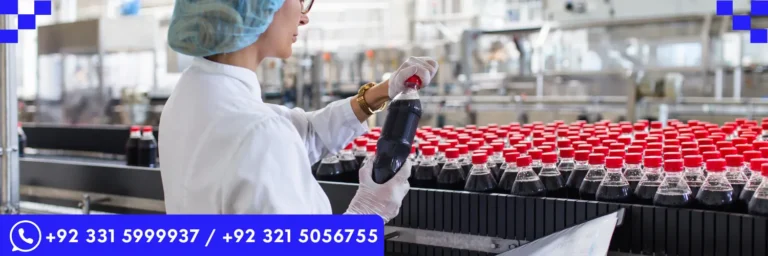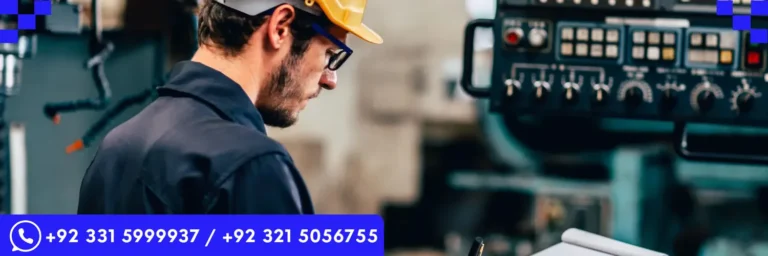The QualCert QA/QC Piping Inspector Certificate is designed for professionals seeking specialised skills in quality assurance and quality control within piping systems. This course provides comprehensive training on the inspection, testing, and evaluation of piping installations in compliance with industry standards and codes. Participants will gain expertise in materials assessment, welding inspection, non-destructive testing (NDT), hydrostatic pressure testing, and QA/QC documentation.
The programme equips learners with practical knowledge to ensure piping systems meet regulatory, safety, and quality requirements. By the end of the course, participants will be able to identify defects, implement inspection protocols, and verify compliance with project specifications, making them competent professionals capable of maintaining high standards in piping fabrication, installation, and commissioning.
The course also emphasises Health, Safety, and Environmental (HSE) compliance, ensuring participants are well-prepared for workplace responsibilities. Suitable for engineers, inspectors, and quality control personnel, this qualification enhances career prospects in the oil and gas, petrochemical, construction, and industrial sectors.
Course Overview
Qualification Title : QualCert QA/QC Piping Inspector Certificate
TQT: 180 hours
GLH: 120
Total Units : 6 units
Total Credits: 30 Credits
Course Study Units
Fundamentals of QA/QC in Piping Systems
Piping Materials, Codes, and Dimensional Inspection
Welding Inspection, Symbols, and Quality Assessment
Piping Fabrication, Installation, and Erection Standards
Non-Destructive Testing (NDT) and Hydrostatic Pressure Testing
QA/QC Documentation, HSE Compliance, and Regulatory Frameworks
Course Learning Outcomes
Unit 1: Fundamentals of QA/QC in Piping Systems
- Understand the principles of quality assurance and quality control in piping
- Identify QA/QC roles and responsibilities in inspection processes
- Apply inspection techniques to monitor quality during fabrication and installation
- Interpret industry standards and compliance requirements for piping systems
Unit 2: Piping Materials, Codes, and Dimensional Inspection
- Recognise different piping materials and their properties
- Apply relevant codes and standards in inspection processes
- Conduct dimensional checks and tolerance assessments
- Ensure materials and piping components meet project specifications
Unit 3: Welding Inspection, Symbols, and Quality Assessment
- Interpret welding symbols, drawings, and documentation
- Assess welding quality and identify defects
- Apply inspection techniques to monitor welding processes
- Ensure compliance with welding standards and safety requirements
Unit 4: Piping Fabrication, Installation, and Erection Standards
- Understand fabrication, installation, and erection procedures
- Apply quality standards to piping assembly and installation
- Identify deviations and non-conformities in fabrication or erection
- Ensure adherence to project specifications and safety regulations
Unit 5: Non-Destructive Testing (NDT) and Hydrostatic Pressure Testing
- Apply NDT techniques to assess piping integrity
- Conduct hydrostatic and pressure testing in compliance with standards
- Identify faults or weaknesses in piping systems
- Document test results and ensure compliance with QA/QC protocols
Unit 6: QA/QC Documentation, HSE Compliance, and Regulatory Frameworks
- Maintain accurate QA/QC documentation and inspection records
- Apply HSE practices during inspection and testing activities
- Understand regulatory frameworks governing piping systems
- Implement corrective actions to ensure compliance and continuous improvement
Course Benefits
- Gain specialised knowledge in QA/QC inspection for piping systems
- Develop practical skills in welding assessment, NDT, and hydrostatic testing
- Enhance career prospects in oil and gas, petrochemical, and construction industries
- Ensure compliance with international codes, standards, and HSE regulations
- Improve competency in documentation, reporting, and quality management
Ideal Learner
- Engineers, supervisors, and technicians in piping and mechanical systems
- Quality control and inspection personnel in industrial and construction projects
- Professionals seeking specialised training in QA/QC for piping
- Individuals aiming to enhance technical and inspection skills for career growth
Entry Requirements
- Minimum age: 18 years
- Educational Background: High school diploma or equivalent; technical or engineering background preferred
- Experience: Prior experience in piping, welding, or mechanical systems is advantageous
- Language Proficiency: Proficiency in English to understand technical materials and assessments
Who Can Enrol
- QA/QC inspectors and engineers in oil, gas, and industrial sectors
- Professionals involved in piping fabrication, installation, or maintenance
- Technicians seeking certification in inspection and testing standards
- Supervisors and project personnel responsible for quality assurance
Future Progression
Graduates can advance to senior QA/QC inspector roles, project management positions, or specialised certifications in welding, NDT, and industrial inspection. They can also pursue professional development in mechanical, petrochemical, and construction industries, contributing to high-quality and compliant piping systems.






